Navigating Graphic Design in 2025, A Look at Photoshop, CorelDRAW, and Illustrator
Discover how Photoshop, CorelDRAW, and Illustrator shape graphic design’s future with AI tools, collaboration, and innovation. Learn which fits your creative needs.
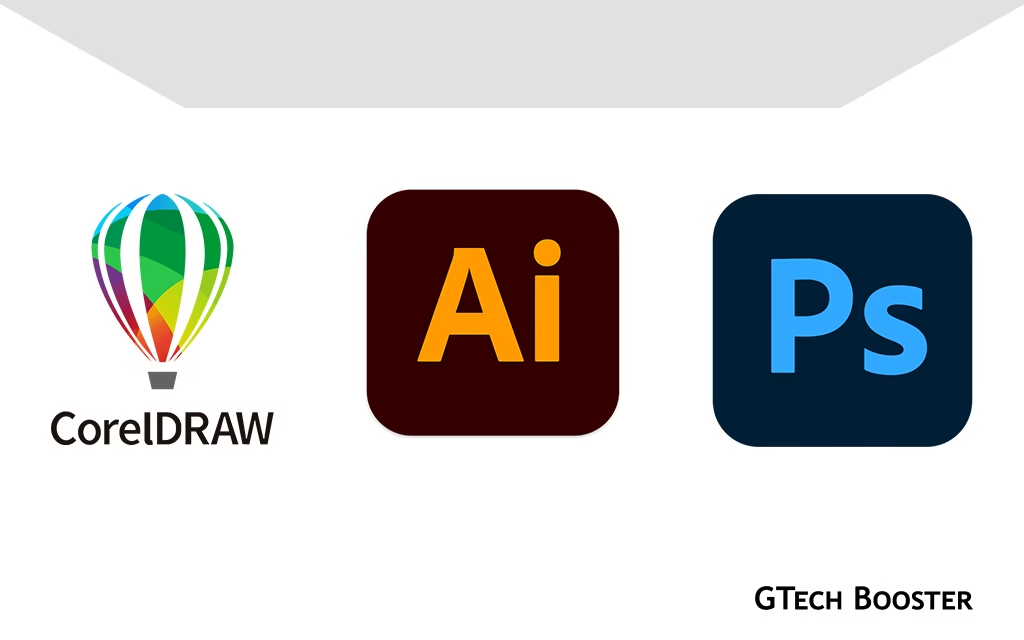
Photoshop, CorelDRAW, and Adobe Illustrator are three giants in graphic design software, each playing a crucial role in shaping the future of graphic design in 2025. These tools remain the most influential graphic design software in 2025, each shaping the future of graphics design with their unique strengths.
Adobe Photoshop
Photoshop remains the leading tool for raster image editing and photo manipulation, widely used by photographers, digital artists, and designers. Its latest updates focus on faster performance, AI-driven tools like content-aware fills and generative expand, and enhanced 3D capabilities, elevating creative workflows and precision.
Adobe Photoshop excels in pixel-based (raster) image editing, making it the go-to tool for digital artists, photographers, and designers who need detailed photo manipulation, retouching, and creative compositions. Its rich toolset includes advanced features like AI-powered enhancements, 3D object rendering, and extensive layer controls. Photoshop’s future lies in seamless cloud integration, AI-assisted workflows that accelerate creativity, and cross-platform compatibility keeping pace with evolving user needs.
CorelDRAW
CorelDRAW continues to excel in vector graphic design, preferred for logo creation, branding, and print media design. It offers intuitive tools, multi-page document handling, and increasingly integrates collaboration features, making it a versatile choice for professionals who need scalable graphics with ease of use.
CorelDRAW is favored for vector graphic design, ideal for logos, brochures, and scalable illustrations. Its intuitive interface, resource-efficient performance, and affordability make it popular among designers focused on print media and brand identity. CorelDRAW’s future revolves around enhanced collaboration tools, improved multi-page document handling, and expanded support for digital formats and devices, ensuring designers stay productive across markets.
Adobe Illustrator
Adobe Illustrator is the premier vector design software, known for its powerful, precise tools to create logos, icons, typography, and complex illustrations. The 2025 update brings significant speed improvements, a new “Objects on Path” feature for precise arrangement, enhanced image tracing, generative AI-powered pattern and shape creation, and a live preview Pencil tool for intuitive drawing.
The Future of Graphic Design
The future of graphic design is converging on hybrid workflows where AI accelerates creativity, and cloud collaboration allows seamless teamwork across platforms. The distinction between raster and vector is blurring as tools integrate capabilities bringing best of both worlds. AI-powered features such as intelligent object selection, automatic design suggestions, and content-aware editing are becoming standard, boosting productivity and creativity. Collaboration in cloud environments is growing, enabling global teams to co-create designs in real-time. Designers increasingly toggle between raster and vector tools depending on project needs, with AI-assisted features reducing repetitive tasks and enabling experimental creativity.
Summary Comparison
| Feature | Photoshop | CorelDRAW | Illustrator |
|---|---|---|---|
| Primary Use | Raster image editing | Vector graphic design | Vector graphic design |
| Strengths | Photo editing, digital painting | Logo design, print layout | Logo, icon design, illustration |
| AI Integration | Advanced AI tools | Growing AI-assisted features | Generative AI for patterns, shapes |
| Platform Support | Windows, Mac, Mobile, Cloud-based | Windows, Mac | Windows, Mac, Cloud |
| Collaboration | Cloud-based workflow | Enhanced collaboration tools | Real-time collaboration |
Designers today benefit from both tools, choosing depending on project needs, while embracing AI-enhanced creativity and cloud workflows that define the future of graphic design; these tools empower designers to craft visually engaging and precise work in various formats, expanding creative possibilities while streamlining production in the evolving digital landscape.
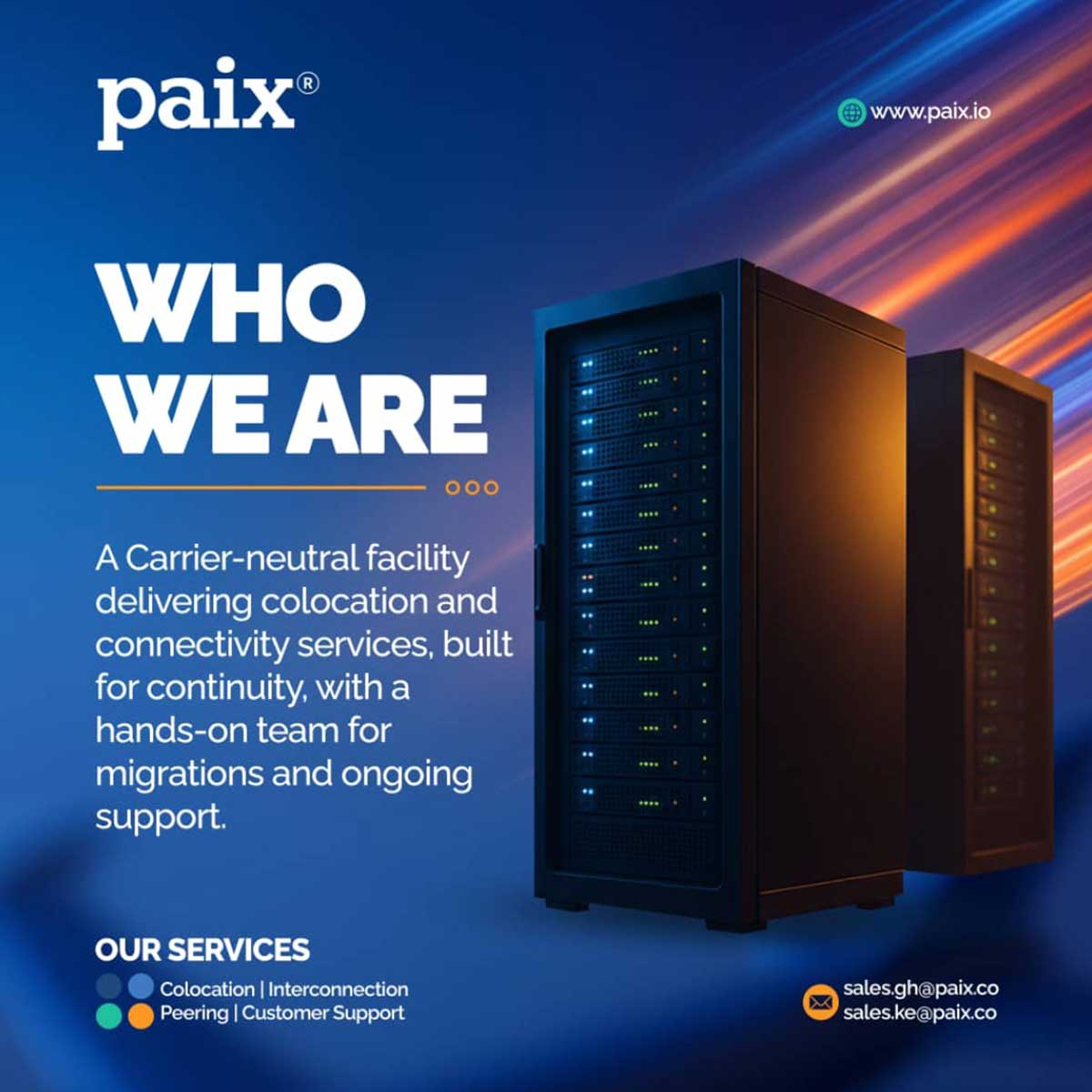
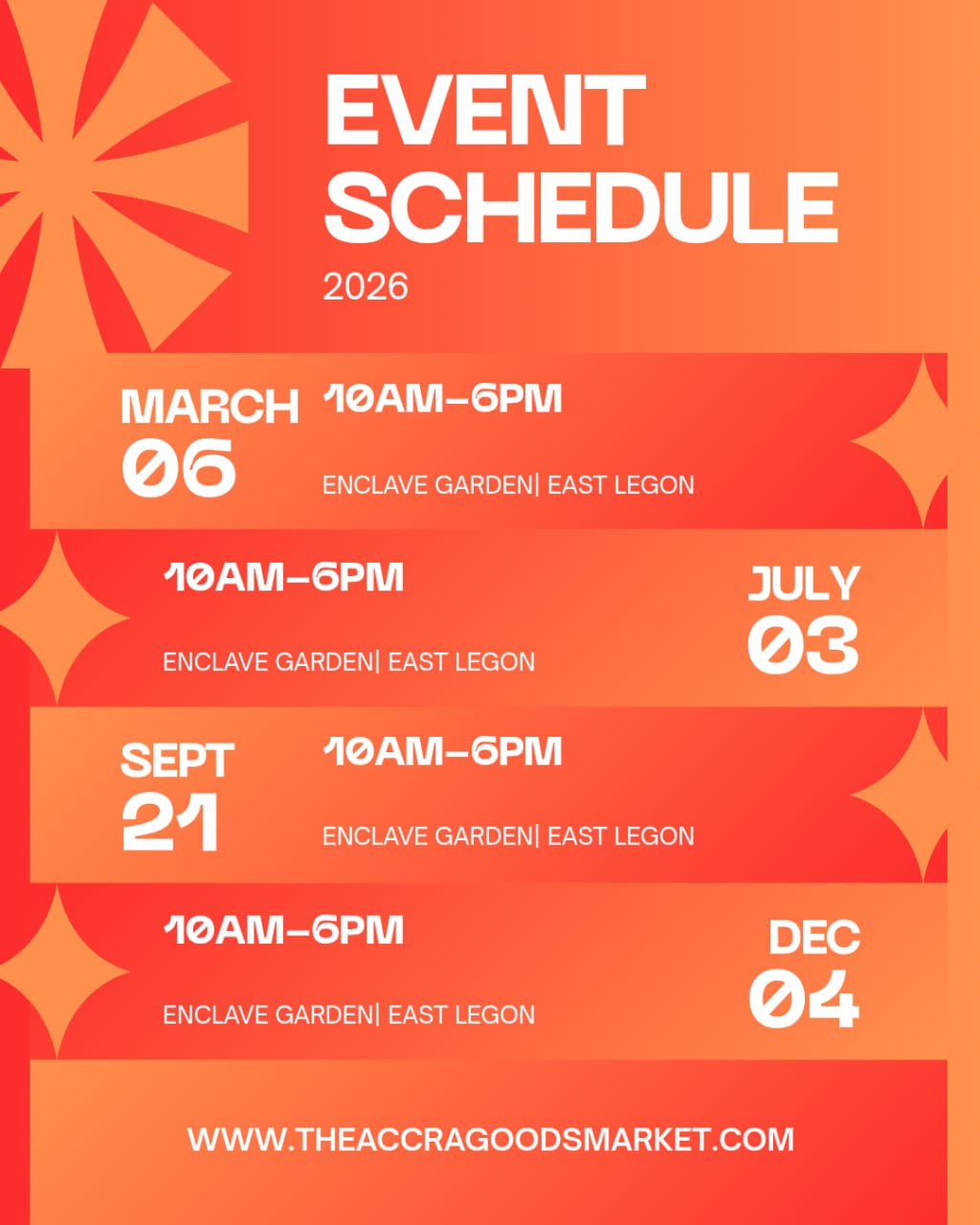
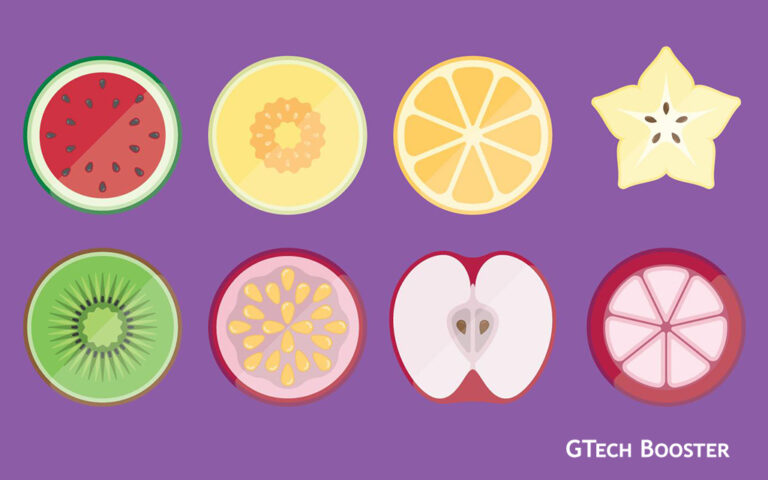




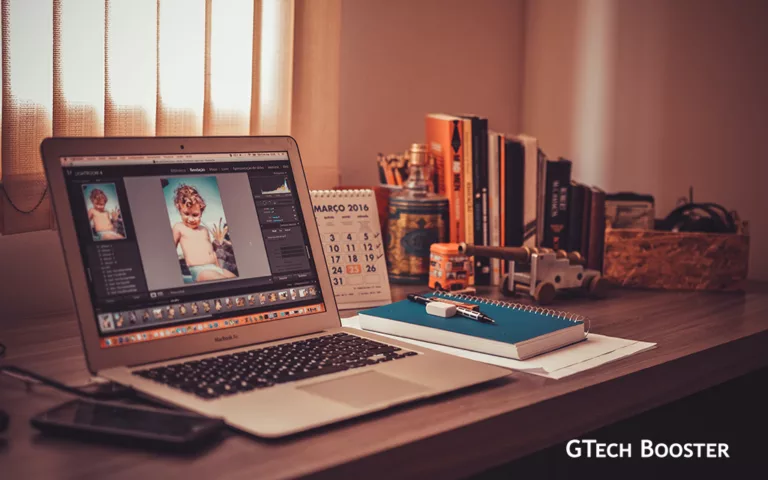




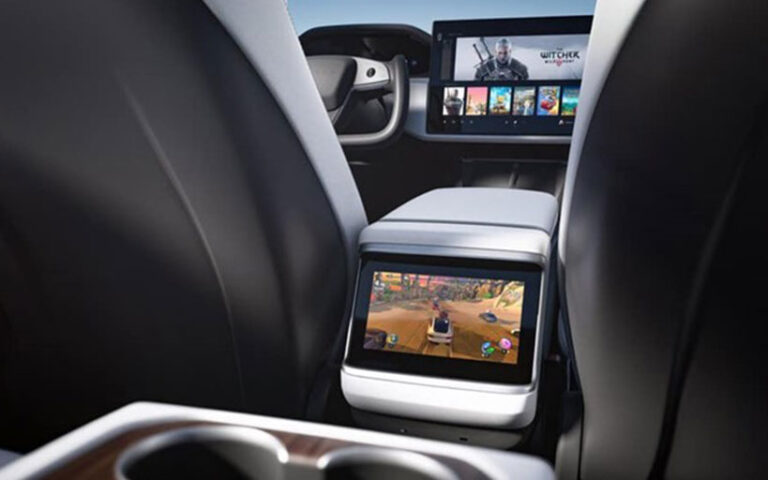
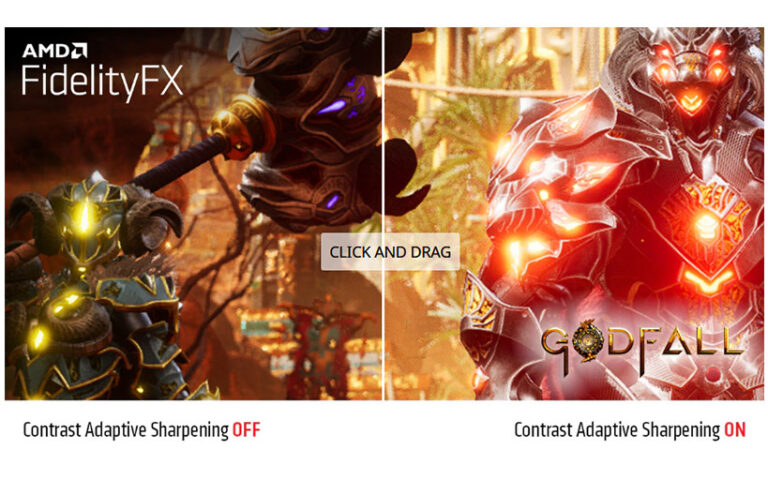
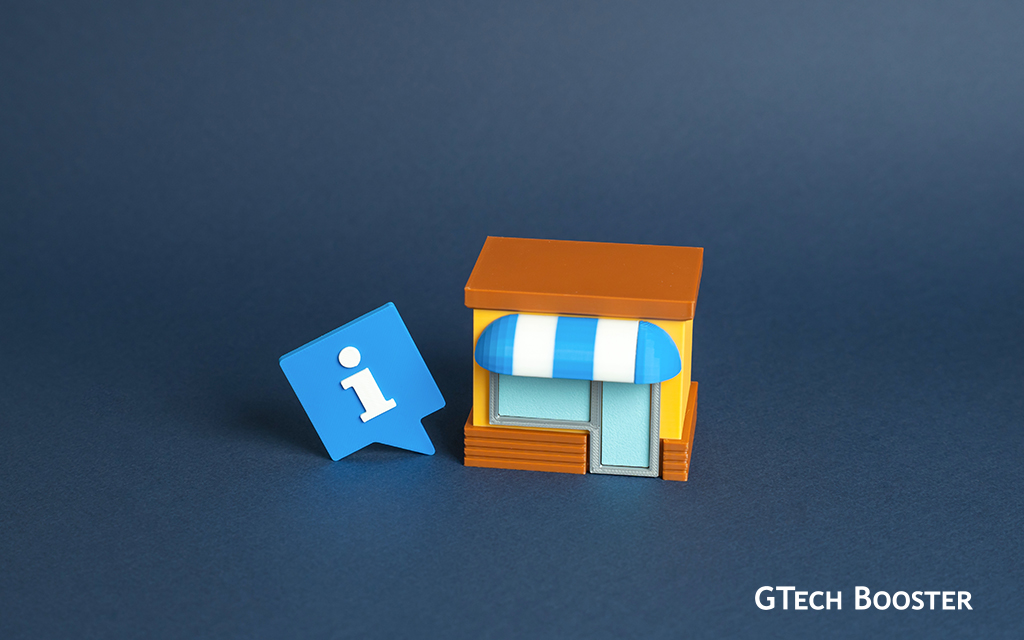
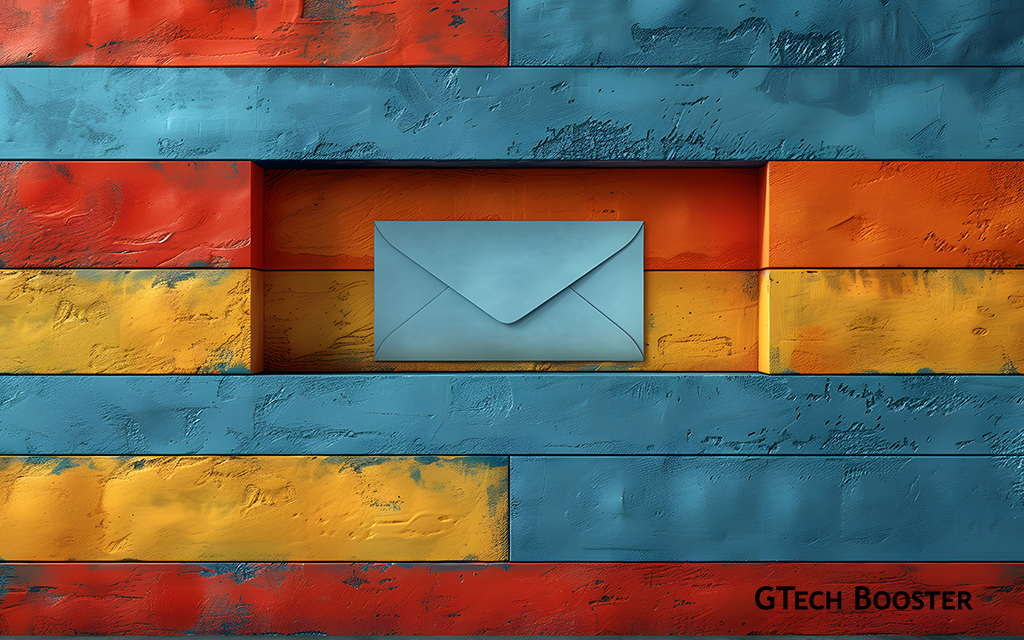
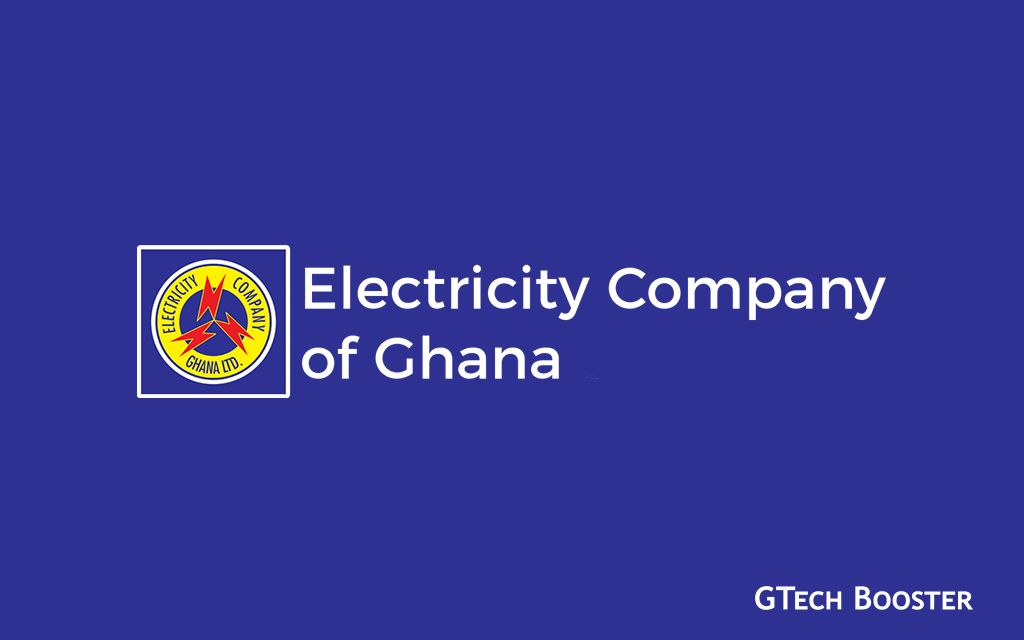
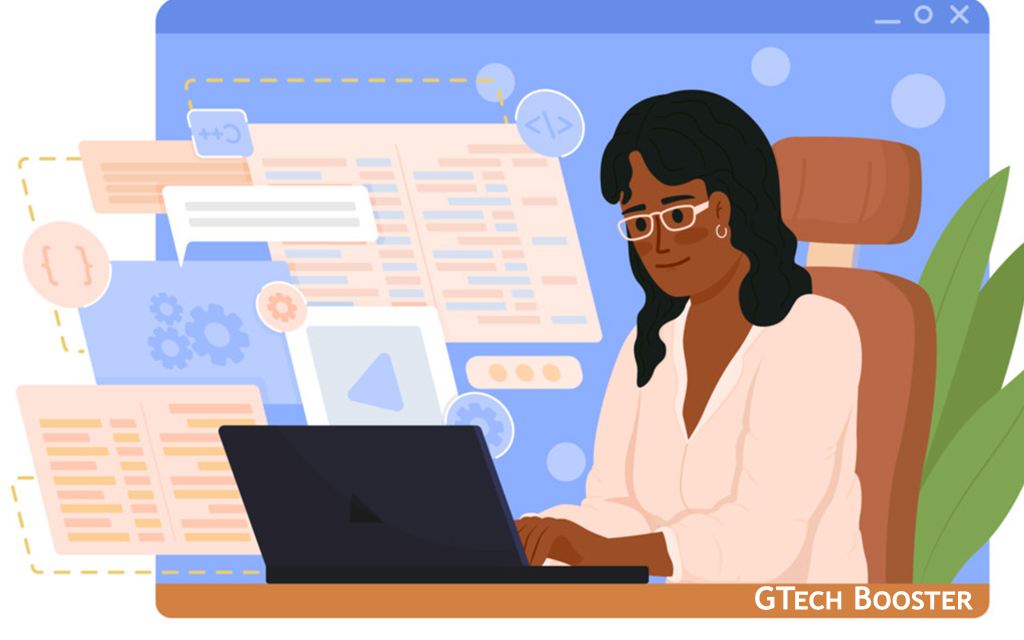
Be polite and constructive with your point.